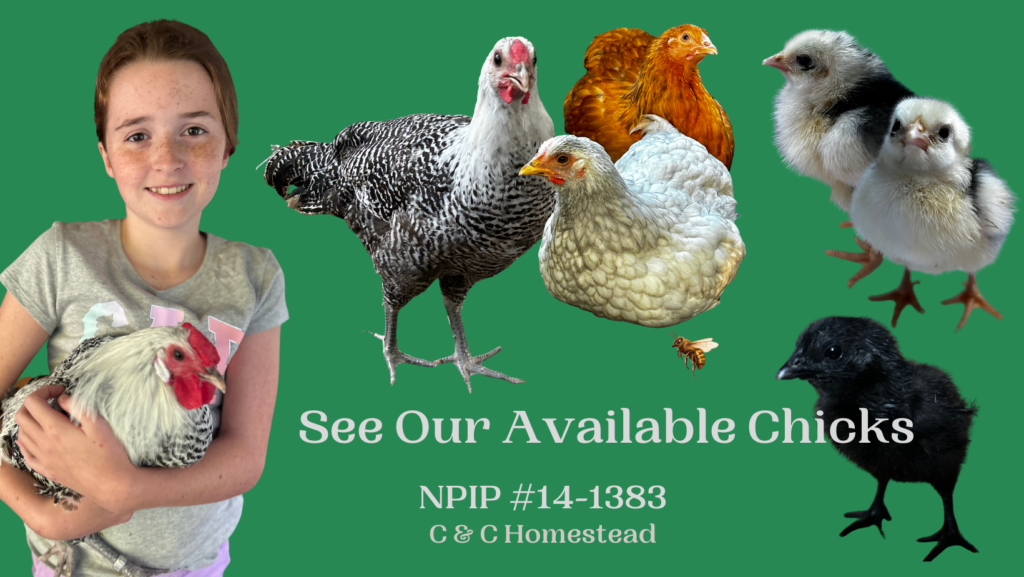Balancing Corporate & Homesteading Lifestyles
Are Bird Flu and Avian Flu the Same
With recent outbreaks making headlines, many people are wondering: Are avian flu and bird flu the same thing?
The short answer is yes — avian flu and bird flu refer to the same disease. However, the terms are used in different contexts, and understanding the details can help clarify any confusion.
What is Avian Flu (Bird Flu)?
Avian influenza, commonly known as bird flu is an infectious viral disease that affects birds, particularly poultry and wild waterfowl. The disease is caused by
influenza A viruses, which occur naturally in bird populations but can sometimes spread to domestic flocks and even, in rare cases, to humans and other animals.
Key Facts About Avian Influenza:
It is caused by various subtypes of the influenza A virus, such as H5N1, H5N8, and H7N9.Wild birds, especially waterfowl, are natural carriers and can spread the virus through their droppings and respiratory secretions.The virus can cause mild to severe illness in poultry, often leading to high mortality rates in infected flocks.While rare, some strains of avian influenza can infect humans, leading to concerns about potential pandemics.
Why the Two Names?
The terms “avian flu” and “bird flu” are used interchangeably, but they come from different contexts:
Scientific Term – Avian Influenza:"Avian influenza" is the formal, scientific name used by researchers, veterinarians, and health organizations like the USDA, CDC, and WHO.It emphasizes the viral nature of the disease and is commonly used in official reports and scientific literature.
Example us age: “The USDA is monitoring outbreaks of avian influenza in poultry operations."
Common Term – Bird Flu:"Bird flu" is the more casual, everyday term that’s easier to understand and widely used in the media and by the general public.It simplifies the concept and makes it more relatable to non-experts.Example usage: “Bird flu cases have been reported in backyard flocks across the state.”
In short, ‘avian flu’ is the formal term, while ‘bird flu’ is the everyday term—both refer to the same disease.
Types of Avian (Bird) Flu
Not all avian influenza viruses are the same. They are classified based on their severity in poultry:
Highly Pathogenic Avian Influenza (HPAI):Causes severe disease and high mortality rates in domestic poultry.Strains like H5N1 and H5N8 fall into this category and require immediate response and control measures. HPAI can spread rapidly and cause significant economic losses to the poultry industry.
Low Pathogenic Avian Influenza (LPAI):Causes mild illness or no symptoms in poultry.Some strains of LPAI can mutate into more severe forms over time.
Can Bird Flu Infect Humans?
Although avian influenza primarily affects birds, certain strains (such as H5N1 and H7N9) have been known to infect humans, usually through direct contact with infected birds or contaminated environments. However, human-to-human transmission remains rare.
Health organizations like the World Health Organization (WHO) and Centers for Disease Control and Prevention (CDC)monitor bird flu outbreaks closely to assess any risk to public health.
How is Bird Flu Spread?
The avian flu virus spreads through:
(1) Direct contact with infected birds (live or dead).
(2) Contaminated equipment, feed, or water.
(3) Airborne particles in areas with high bird populations.
(4) Human activity, such as workers carrying the virus on clothing or shoes.
How to Protect Your Flock from Avian Influenza
Whether you call it bird flu or avian flu, the best way to protect your backyard flock is through
good biosecurity practices:
(1) Keep your flock separate from wild birds by using netting or enclosed coops.
(2) Disinfect equipment and shoes before entering the coop area.
(3) Quarantine new birds before introducing them to your existing flock.Monitor for symptoms such as respiratory distress, lethargy, or a drop in egg production.
(4)Stay informed by following updates from local agricultural departments and the USDA.
In Short: Avian Flu vs. Bird Flu—Same Thing, Different Names
To sum it up,avian flu and bird flu are simply two names for the same disease.
Both refer to the viral infection that affects birds, with the potential to impact poultry production and, in rare cases, human health.
Whether you hear it called avian influenza in official reports or bird flu in everyday conversation, it's important to stay informed, practice good flock management, and take precautions to prevent its spread.
Want to learn more about protecting your flock?
Download our eBook The Biosecure Backyard for practical tips on minimizing risks and keeping your birds safe.
📖Get your copy here: The Biosecure Backyard eBook..



